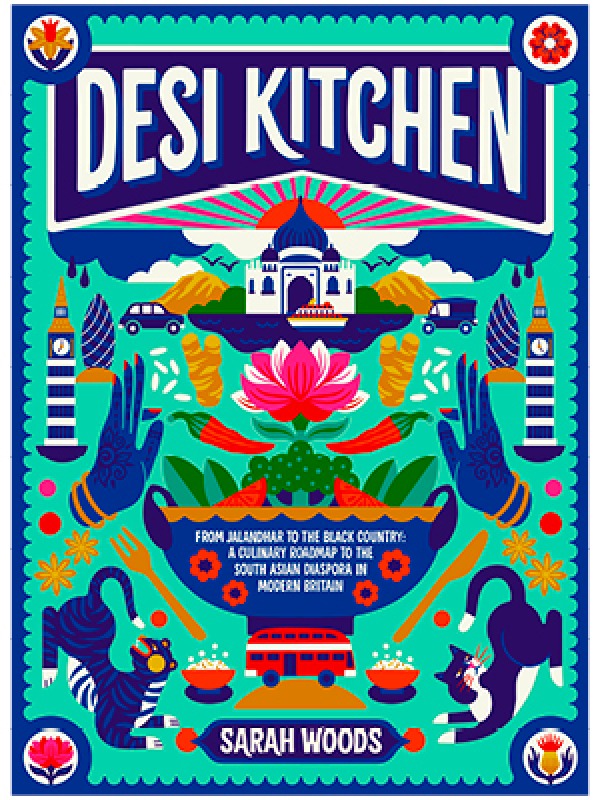
Desi Kitchen by Sarah Woods, published by Penguin Michael Joseph (£30) Photography by Liz & Max Haarala Hamilton
Join Our World... Sign up for our exclusive newsletter.

Be inspired every day with Living North


Yoghurt and Walnut Chutney
The majority of India’s walnut (akhrot) production comes from Kashmir. I remember my granny would always have a stash of walnuts at Christmas, which is what I associate them with – as well as lychees, apricots, almonds, pomegranates and much more. These are all grown in Kashmir, which neighbours Punjab, and she had a knack for sniffing out the best produce. This chutney is served with rich wazwan meat dishes and is a lovely accompaniment to the seekh kebab opposite.

Desi Kitchen by Sarah Woods, published by Penguin Michael Joseph (£30) Photography by Liz & Max Haarala Hamilton
This article contains affiliate links. We may receive a commission on any sales we generate from this piece.